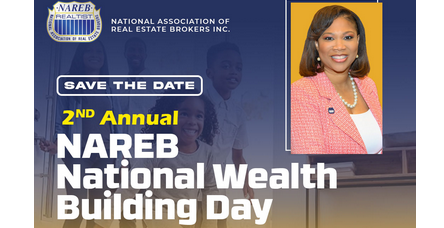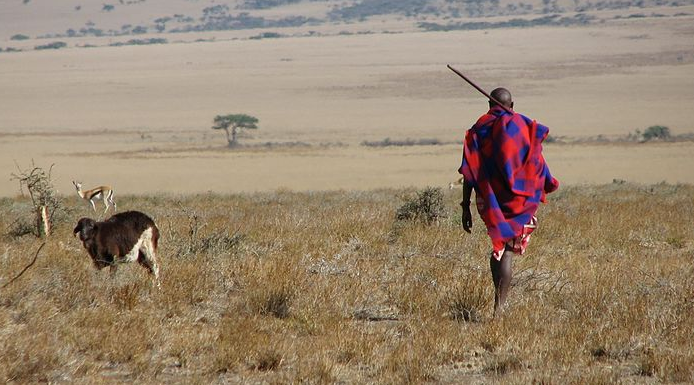A forward-looking discussion about what can be learned from the campaign successes of Kony 2012 and the subsequent global debate.
[KONY2012 Discussion]
The most viral video of all time, Invisible Children’s Kony 2012, intentionally catapulted Lord’s Resistance Army leader Joseph Kony into the western public’s eye. It also provoked a rare public debate about the methods and effects of transnational activism.
While supporters celebrated the campaign’s viral success, critics questioned its call for a militarized response, its neglect of African voices, and the narratives employed to galvanize western viewers. On April 20th, Invisible Children will again enter the media spotlight as supporters “Cover the Night” in Kony 2012 posters.
Please join the Center for Human Rights and Global Justice (NYU) and WITNESS, as we host a forward-looking discussion about what can be learned from the campaign successes of Kony 2012 and the subsequent global debate.
Speakers include Invisible Children, social media experts, human rights advocates, and critical theorists.
Valid ID and RSVP required for admission. Seating is limited, so please RSVP to Audrey Watne at [email protected]. Event to be followed by a reception.
Where: 245 Sullivan street (Furman Hall, NYU School of Law), Lester Pollack Room, 9th floor
When: Tuesday April 17, 2012, 6:00-7:30 pm, Reception from 7:30-8.30 pm
Panelists:
Amy Goodman (Moderator), Amy Goodman is the host and executive producer of Democracy Now!, a national, daily, independent, award-winning news program airing on over 1,000 public television and radio stations in North America. Time Magazine named Democracy Now! its “Pick of the Podcasts,” along with NBC’s Meet the Press. Goodman is the first journalist to receive the Right Livelihood Award, widely known as the ‘Alternative Nobel Prize’ for “developing an innovative model of truly independent grassroots political journalism that brings to millions of people the alternative voices that are often excluded by the mainstream media.”
Professor Philip Alston is an international human rights law professor and Faculty Director and Co-chair of the CHRGJ at NYU School of Law. For six years, he was the UN Special Rapporteur on extrajudicial executions. During his mandate, he carried out a UN fact-finding mission to the DRC, and investigated LRA atrocities. He will give a short framing introduction for the discussion.
Fabienne Hara is the Vice-President for Multilateral Affairs at International Crisis Group. In late 2011, the ICG published a report on the LRA and efforts to end their abuses. Hara will speak about the history of military and political efforts to stop the LRA, and how the Kony 2012 campaign fits into other ongoing advocacy and military strategies.
Chioke I’Anson is a philosopher who specializes in Africana philosophy, postcolonial theory, and humanitarianism. He will be discussing Kony 2012 in the context of postcolonial African agency, humanitarian work, and the history of colonization. He will offer critiques of the narratives employed in Kony 2012 to activate viewers, and will analyze what the reaction to Kony 2012 can teach us about the ethical dilemmas of transnational activism.
Chris Michael is a video advocacy trainer and human rights advocate at WITNESS, an organization that has supported over 300 groups in 80 countries in using video for change. He will analyze what made Kony 2012 so successful as a viral video campaign, and what other advocacy projects can learn from Invisible Children’s methods and efforts to integrate video. He will discuss whether the elements that make a video so viral may also raise ethical human rights filmmaking concerns.
Victor Ochen is a survivor of the LRA war and Director of African Youth Initiative Network, which offers rehabilitation assistance to Ugandan youth affected by the war. After Kony 2012, he organized public screenings of the video in Northern Uganda. He will discuss the reaction to those screenings, and offer a war survivor’s perspective about the campaign’s goals.
Jolly Okot serves as the Country Director for Invisible Children, Uganda. In 2003, she brought the original three filmmakers to northern Uganda with hopes that her dream would one day come to fruition: thousands of Acholi children given the chance to succeed through education. Her guidance enabled the filmmakers to create the original Rough Cut documentary, and her leadership and passion helped develop IC’s grassroots initiatives in Uganda.











